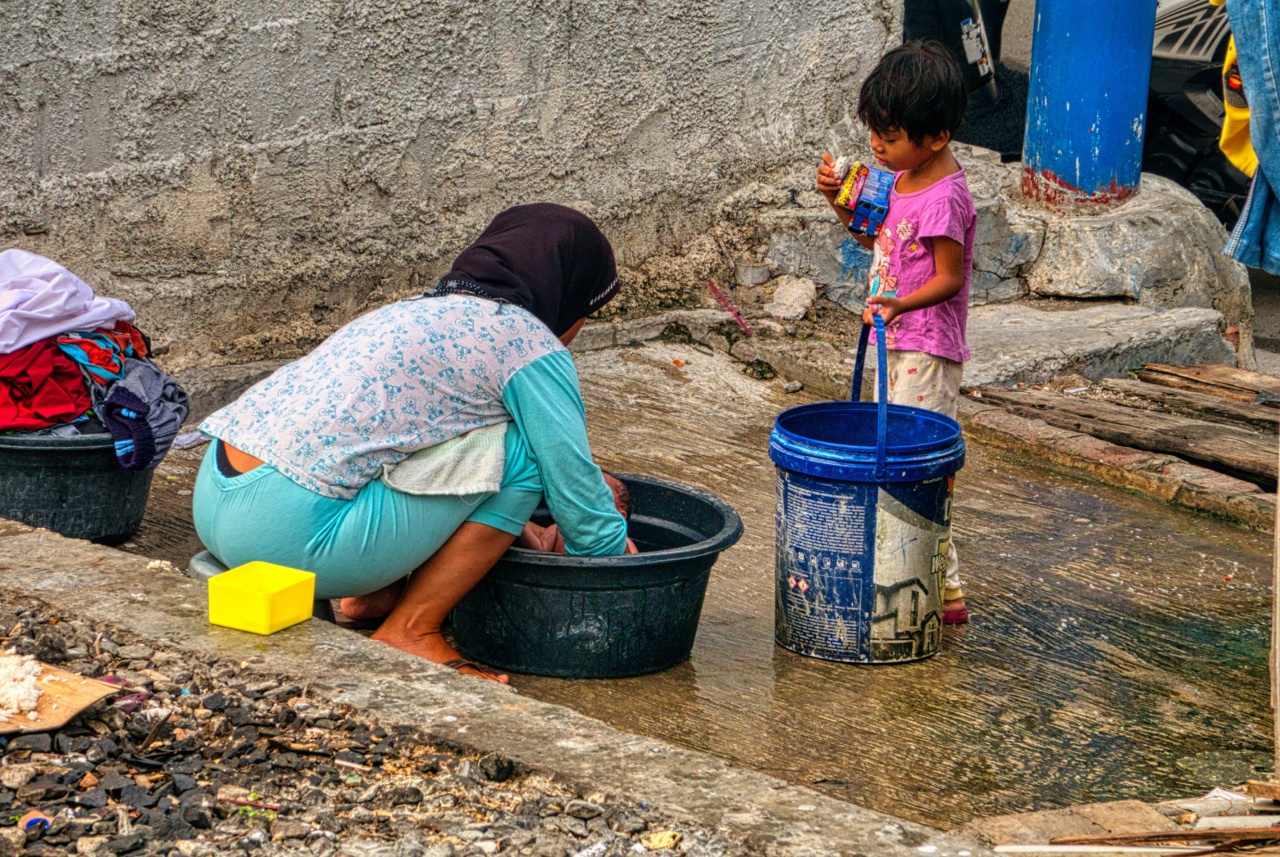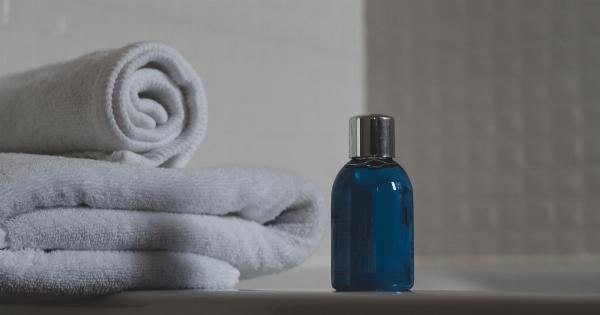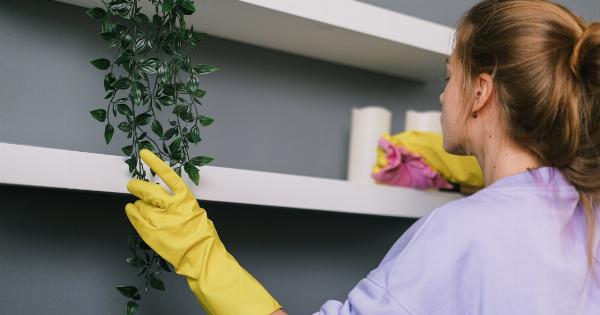Perineal care, also known as perineal hygiene, is the practice of cleansing and caring for the perineum, the area between the anus and the genitals.
It is an important aspect of personal hygiene and healthcare, especially for individuals who are bedridden, have limited mobility, or have certain medical conditions that affect the perineal area.
Why is Perineal Care Important?
Proper perineal care is essential for maintaining cleanliness, preventing infections, and promoting overall health and comfort.
The perineum can be prone to various issues such as irritation, itching, rashes, urinary tract infections, and other infections if not properly cared for. Regular perineal care helps to prevent these problems and ensures the well-being of the individual.
Basic Perineal Care Techniques
There are several techniques and practices that can be followed for effective perineal care. Here are some basic steps:.
Step 1: Gather the necessary supplies
Before starting perineal care, gather all the required supplies such as clean gloves, mild soap or perineal cleanser, warm water, washcloths, towels, and disposable or reusable pads if needed.
Step 2: Ensure privacy and comfort
Make sure the individual is comfortable and provide them with privacy during perineal care. This helps maintain their dignity and promotes a sense of well-being.
Step 3: Wear gloves and prepare the cleansing solution
Put on clean gloves to maintain proper hygiene. Prepare a mild cleansing solution by mixing warm water with a gentle soap or perineal cleanser. Ensure the water is not too hot to avoid scalding the sensitive skin in the perineal area.
Step 4: Cleanse the perineal area
Gently clean the perineal area using the prepared cleansing solution and a soft washcloth. Start from the front, near the urethra, and move towards the anus. Use gentle and circular motions, ensuring to clean all the folds and creases in the area.
Step 5: Rinse and pat dry
After cleansing, rinse the perineal area thoroughly with clean water. Pat dry using a soft towel or allow the area to air dry if possible. Avoid rubbing the area vigorously as it can cause irritation.
Step 6: Apply necessary products
If required, apply any prescribed ointments, creams, or moisture barriers to protect the skin and prevent irritation. Always follow the healthcare professional’s instructions for the appropriate application of such products.
Step 7: Handle soiled materials correctly
Dispose of any soiled materials, such as gloves, washcloths, and pads, in a sanitary manner. Use disposable bags or designated containers for safe disposal.
Step 8: Cleanse and store the supplies
Thoroughly clean and disinfect any reusable supplies, such as washcloths and basins, after use. Store them in a clean and dry area to prevent contamination and maintain their hygiene for future use.
When Should Perineal Care be Performed?
Perineal care should be performed regularly, especially after using the toilet, before and after sexual activity, during menstruation, and as part of daily hygiene routines.
For individuals with specific medical conditions or limitations, healthcare professionals may provide specific instructions on the frequency and technique of perineal care.
Special Considerations for Perineal Care
When providing perineal care for certain individuals, special considerations may be necessary:.
1. Elderly individuals
Elderly individuals may have more fragile skin and increased vulnerability to infections. Extra care should be taken to use gentle techniques, avoid harsh soaps or cleansers, and keep the area adequately moisturized.
2. Bedridden individuals
For individuals who are bedridden or have limited mobility, proper positioning is vital to ensure effective perineal care.
Using pillows, bedrails, or specialized aids can help provide better access to the perineal area and maintain the individual’s comfort.
3. Individuals with urinary or fecal incontinence
For individuals with urinary or fecal incontinence, frequent perineal care becomes crucial to prevent infections and minimize odor. Using absorbent pads or briefs can help manage the condition and maintain cleanliness.
4. Pregnant individuals
Pregnant individuals should pay extra attention to perineal care due to increased sensitivity and the risk of certain conditions like yeast infections. Using mild and unscented products is advisable to avoid irritation.
When to Seek Medical Advice
In some cases, perineal care issues may require medical attention. It is important to seek medical advice if:.
1. Persistent pain or discomfort
If there is persistent pain, discomfort, or irritation in the perineal area, it may indicate an underlying condition that needs evaluation and appropriate treatment.
2. Signs of infection
Any signs of infection such as redness, swelling, warmth, pus, or an unusual odor should be reported to a healthcare professional for proper assessment and management.
3. Changes in urinary or bowel habits
If there are changes in urination or bowel movements, such as difficulty, pain, or blood in urine or stool, it is advisable to consult a healthcare provider to rule out any serious issues.
Conclusion
Perineal care is a vital aspect of personal hygiene and healthcare that should not be neglected. By following proper techniques and considerations, individuals can maintain perineal health, prevent infections, and promote overall well-being.






























